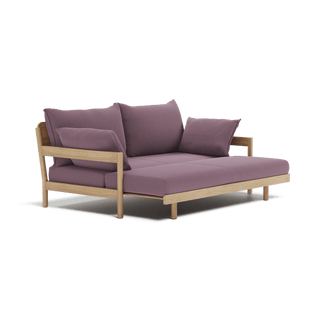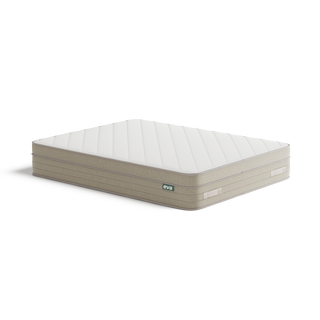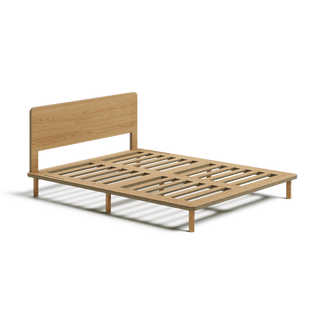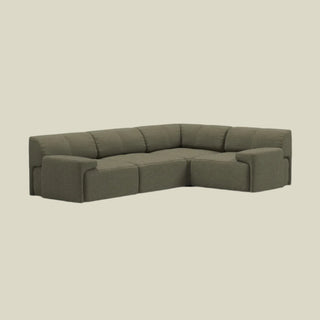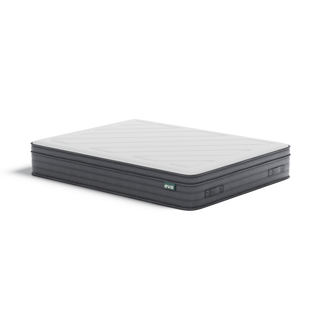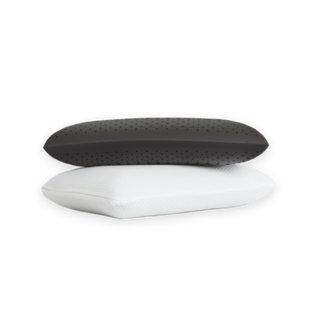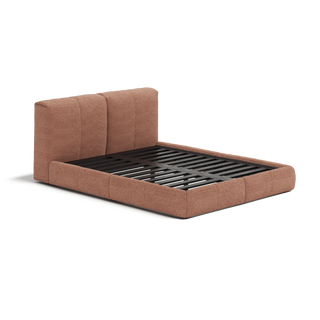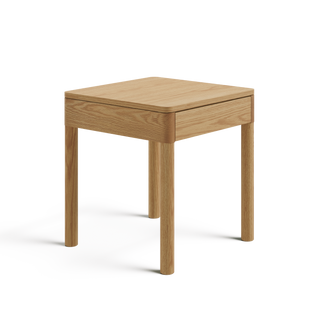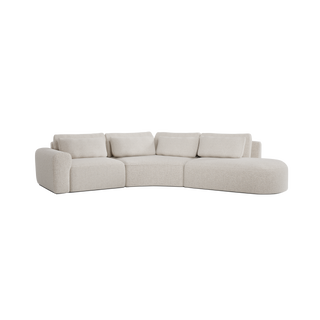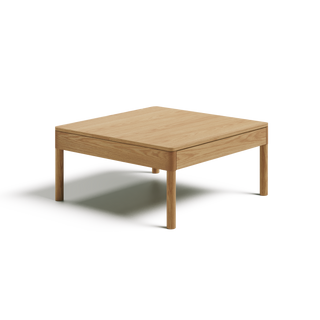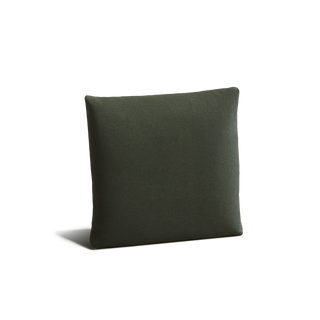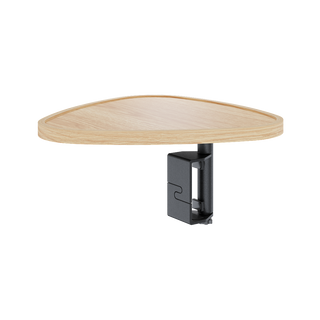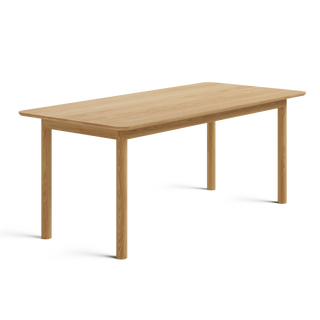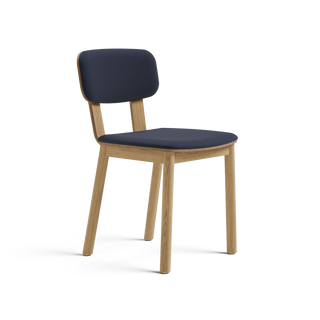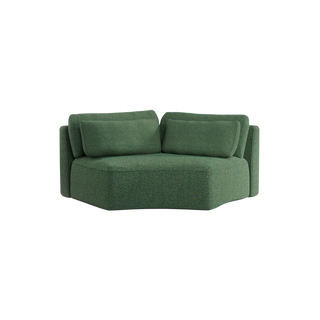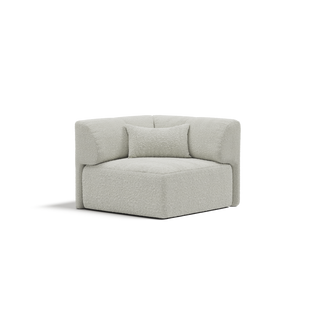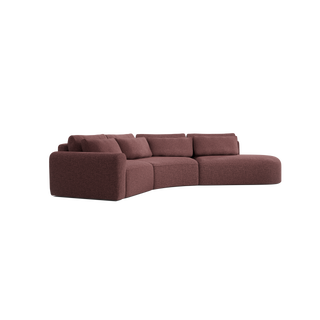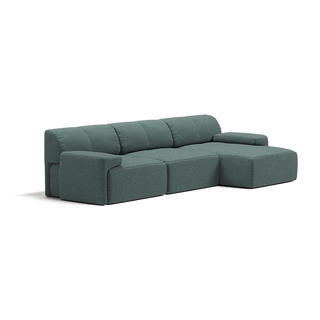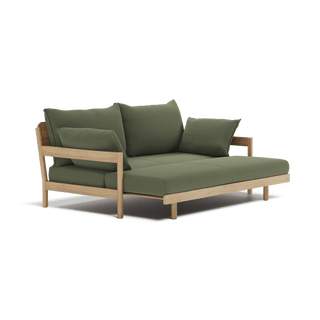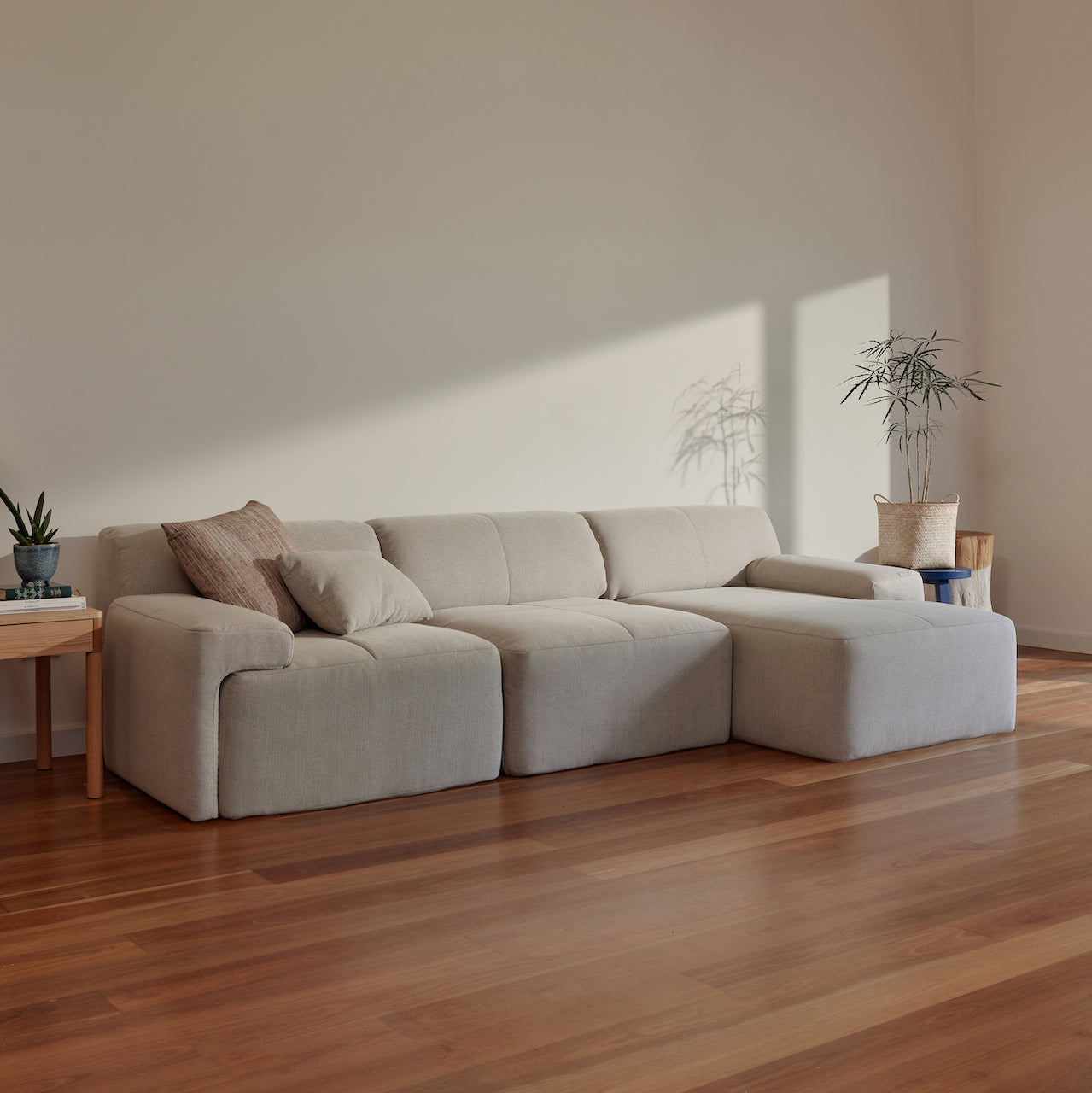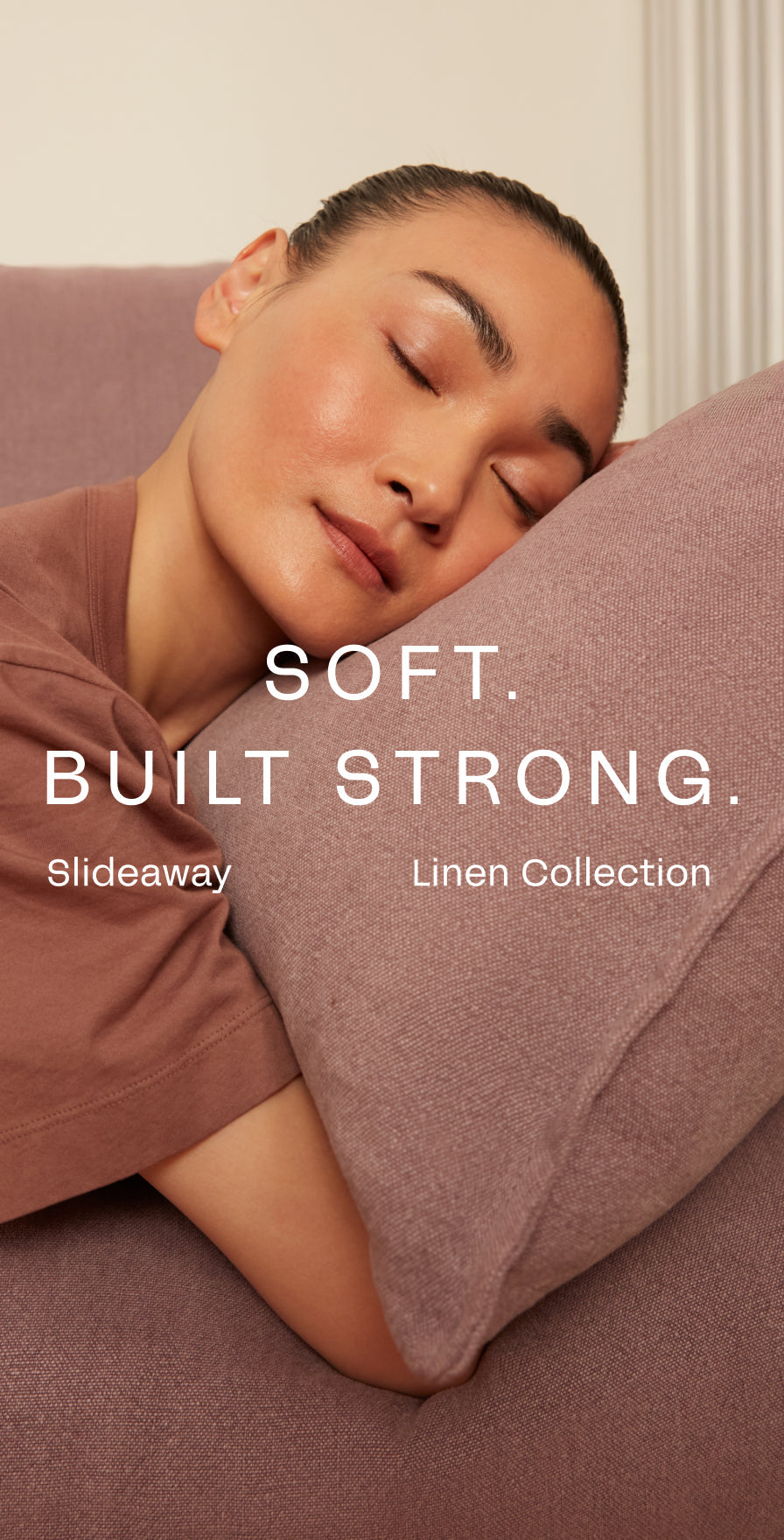When we discovered the benefits of hemp linen — not only the environment but to our health — we knew that there was no other fabric we wanted to use for our new sheet and duvet sets.
So why hemp?
Well for starters, hemp linen is extremely durable, deliciously soft and ideal for every climate. And on top of all its benefits in the bedroom, it is also one of the most sustainable fabrics available.
We broke down the many benefits of this coveted fabric, how it compares with other natural fabrics and how you can sleep better and save the planet with hemp sheets.
Caution: after reading, you may not be able to look at your current sheets the same. You have been warned.

What is hemp?
Hemp is a fast-growing plant, having been one of the first plants to be spun into fabric over 50,000 years ago. Since its origin, parts of the hemp plant have been enjoyed as a nutritious food (see: hemp hearts), various fabrics, medicine and even paper, making it a highly versatile and popular choice of fabric.
Why choose hemp linen sheets?
Eva Hemp Linen Sheets last longer, are softer and more breathable than any other sheets. We can't take credit for the incredible features of our sheets though; it’s all in the fabric!
Read on to learn why you should choose hemp bedding.
Sustainable & non-toxic
If hemp were a person, it would be Greta Thunberg. The hemp plant is a renewable resource and needs very little water to grow (it can often rely on rainwater alone). Unlike cotton, which depletes the soil of nutrients, hemp improves the quality of the soil over time, returning 70% of nutrients to the earth. Hemp grows exceptionally fast — no matter the weather conditions — and is naturally insect and weed resistant, so there is no need for pesticides, fertilisers or chemicals. If that wasn't already enough, when using the same amount of land, hemp can produce 250% more fibre than cotton, and 600% more fibre than flax. In comparison, cotton cultivation uses some of the most toxic pesticides on the market and 4x more water than hemp.
Self-cleaning sheets
Hemp fabric is naturally antibacterial, antimicrobial and resistant to mould, so your sheets will stay fresh for longer. These properties are crucial, as the bed area can be a breeding ground for bacteria, dust mites, mildew and mould. We're not saying you never need to wash your bedsheets again (we can only dream), but you can definitely go longer in between washes when using hemp sheets.
Durable & long-lasting
Throughout history, hemp has been utilised in various products for its strength and durability. In fact, the first-ever pair Levi Jeans were made out of hemp fabric, as jeans were traditionally worn as workwear and needed to be reliable and long-lasting. Other items that require a high level of durability — ropes, boat sails, building materials, even cars — have traditionally been made with hemp. Unlike other materials that are considered long-lasting, hemp is also biodegradable and can be returned to the earth at the end of its life cycle.
Perfect for any season
Hemp is thermoregulating so it will keep you cool in summer, and cosy in winter. Hemp is also a highly absorbent fabric and is extremely breathable, making it the ideal bedding for the warmer months and humid climates. With body temperature being such an important element in getting to sleep (and staying asleep), using thermoregulating fabrics is an essential part of product development at Eva. Eva Hemp Linen Sheets are woven to 165 grams per square metre, the optimal weight to feel luxurious, but remain breathable and trans-seasonal.
Hypoallergenic
If you wake up sniffly or itchy, you may need to invest in hypoallergenic sheets. Hemp bedding is a good choice for those who suffer from allergies due to the antibacterial, antimicrobial and mould resistant properties we mentioned earlier. Hemp linen is also an ideal fabric for children as it is non-toxic and gentle on sensitive skin.
Softer with every wash
Despite being one of the most durable natural fabrics, hemp linen offers luxurious softness due to the long fibres of the hemp plant. Plants with shorter fibres such as cotton tend to pill and become scratchy over time. Eva Hemp Linen Sheets will soften with time and washing but never look worn.
They look fancy
It may not be the most important reason to upgrade your bedding, but who doesn’t want to impress their snuggle buddy with bed sheets that look like they jumped off a Pinterest board? Eva Hemp Linen Sheets come in nature-inspired colours to suit any bedroom style. Plus, they always look good — even when you haven’t made the bed. No one needs high-maintenance bedding!

Hemp Linen vs Cotton Sheets
Cotton
Pros
- Breathable
- Low cost
- Versatile
Cons
- Not long-lasting
- Requires toxic chemicals & a lot of water to be produced
- Depletes soil of nutrients
Cotton is like the white bread of bedding; it’s reliable, doesn’t cost a lot, and you can get it almost anywhere. But that doesn’t mean that it’s the best for you or the tastiest. Hemp, on the other hand, is like an artisan sourdough; it costs slightly more but is higher-quality and better for your health. If all this bread talk is making you hungry (same), here are some cold hard facts that may ruin your appetite.
Hemp requires around 300 litres of water to produce 1 kg of dry hemp, while cotton can require up to 20,000 litres of water to produce 1 kg of cotton. To put it into perspective, 1 kg of cotton could produce a t-shirt and pair of jeans. The water used in cotton is referred to as 'virtual water' as it cannot be reused for anything else due to evaporation and contamination.
Apart from hemp’s small ecological footprint, hemp fibres are more robust than cotton with eight times the tensile strength and four times the durability. So by choosing hemp, you’ll not only create less environmental waste, but you’ll have to replace your sheets far less frequently.
We hate to be the one to tell you this cotton, but you’re cancelled.

Hemp Linen vs Bamboo Sheets
Bamboo
Pros
-
Breathable
-
Antibacterial
-
Can feel soft
Cons
- Requires a heavy amount of chemicals to produce fabric
- Delicate
- Better used for furniture
The media promotes bamboo as a sustainable plant, but when it comes to bamboo sheets, this is unfortunately not the case (sincere apologies to bamboo lovers for this truth bomb). The plant bamboo itself is considered fast-growing and eco friendly; however, the process of turning the bamboo into a fabric is damaging to the environment due to a chemical solvent that breaks down the bamboo. This chemical wipes out any trace of the actual bamboo in the final product. Despite not being great for the environment, bamboo does have its pros. It is a soft fibre that is very breathable and hypoallergenic. Bamboo sheets also need to be washed in cold water due to the delicate properties of the fibre.
So the next time you see a brand touting their ‘environmentally friendly’ bamboo sheets, make sure you check the origin of how the fabric was produced.
Hemp Linen vs Flax Linen
Flax
Pros
- Antibacterial
- Breathable
- Biodegradable
- More sustainable than cotton & bamboo
Cons
- Not as strong as hemp
- Depletes the soil of nutrients
- Uses 6x more land than hemp for the same yield
Hemp
Pros
- Sustainable & eco-friendly
- Luxurious feel
- Durable
- Non-toxic & naturally organic
- Antibacterial
- Repels mould
- Biodegradable
Cons
- May cost more (but lasts forever so is a great investment)

Flax linen and hemp linen have many similar properties in terms of breathability, feel and their antibacterial properties. When it comes to durability though, hemp is the clear winner being eight times stronger than flax linen. Therefore, hemp can withstand more wear and washing without being damaged, making it the most cost-effective option of the two. As we mentioned above, hemp can produce 600% more fibre than flax when using the same amount of land and does not deplete the soil like flax, making hemp the more sustainable choice. While flax linen is an excellent option for sheets (and clothing), hemp linen looks and feels just as great, is more environmentally friendly and is often at the same price point.
